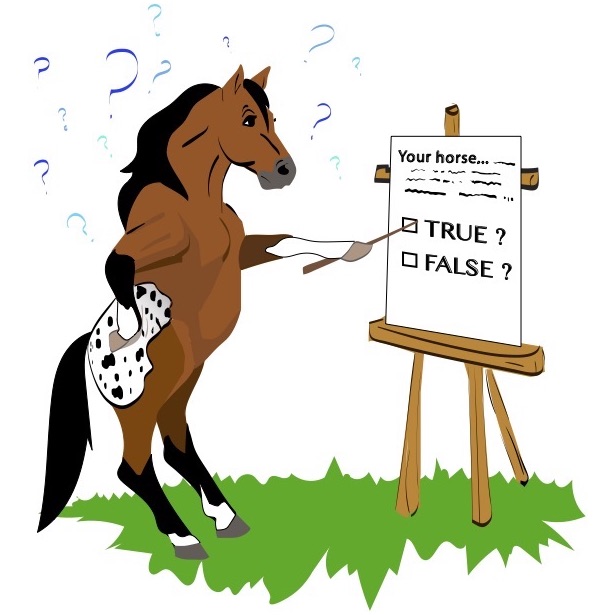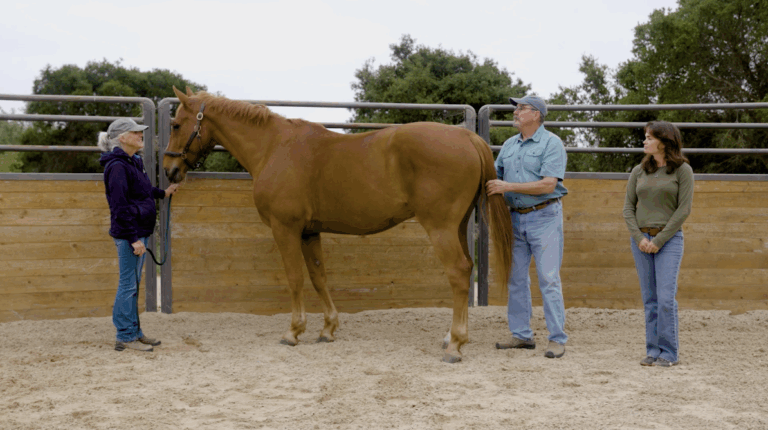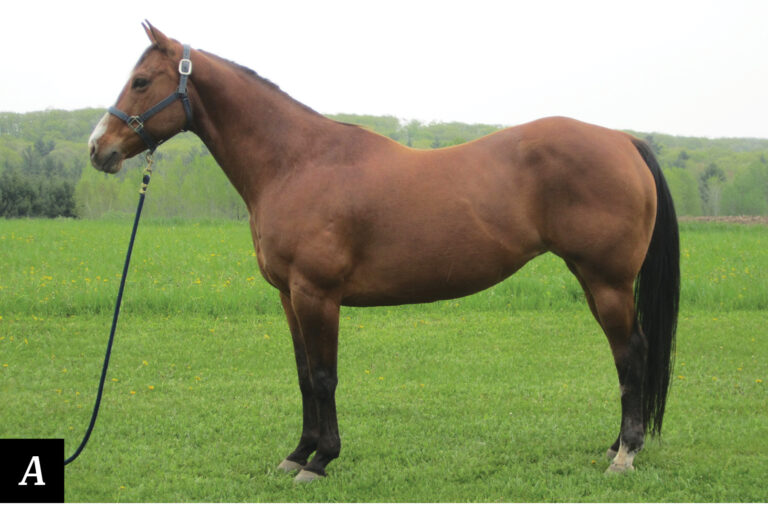
1. True or false: Because of the size and composition of their brains, horses don’t experience what we think of as depression.
T / F
2. True or false: The characteristics that indicate depression in horses are similar to some aspects of depressive states in humans.
T / F
3. Which of the below are potential causes of depression in horses?
A) Pain, social isolation, confinement.
B) Harsh training, improper feeding, unpredictability.
C) Both A and B.
D) Neither A nor B.
4. True or false: If steps aren’t taken to alleviate a horse’s depression, it can contribute to the development of gastric ulcers or colic.
T / F
HOW’D YOU DO? (Answers below.)
1. F is correct. Horses can experience depression. A study in France evaluated 59 horses for six months, observing spontaneous behavior in the home environment, responsiveness to surroundings, and the amounts of the stress hormone cortisol in the horse’s blood. The results indicated that horses can develop something akin to human depression in response to social or physical discomfort.
[HERE’S HELP: How to spot depression in your horse.]
2. T is correct. A depressed horse’s open-eyed, dull, unfocused gaze and immobile head and ears suggest a “behavioral despair” similar to states seen in humans. Compared to “non-withdrawn” horses from the same stable, the withdrawn horses in the study appeared more indifferent and unresponsive to stimuli in their home environment, yet reacted more emotionally to challenging situations.
[RELATED: How to tell if your horse is in pain.]
3. C is correct. Unfortunately for domestic horses, any of these factors can lead to chronic stress, and long-term exposure to inescapable or repeated stressors can lead to depression.
[RELATED: How to keep your senior horse (or any horse) happy.]
4. T is correct. Like human depression, equine depression can have serious health consequences. If you spot any alarming changes in your horse’s attitude or behavior, schedule a thorough veterinary checkup.
[RELATED: How to help a horse with separation anxiety.]
Don’t miss out! If you’re not already receiving H&R’s fun and informative weekly newsletter, sign up now for The Ride. It’s *free*!
ALSO *FREE*: The terrific e-magazines Horse&Rider Monthly and Trail Rider Monthly. Sign up now!




